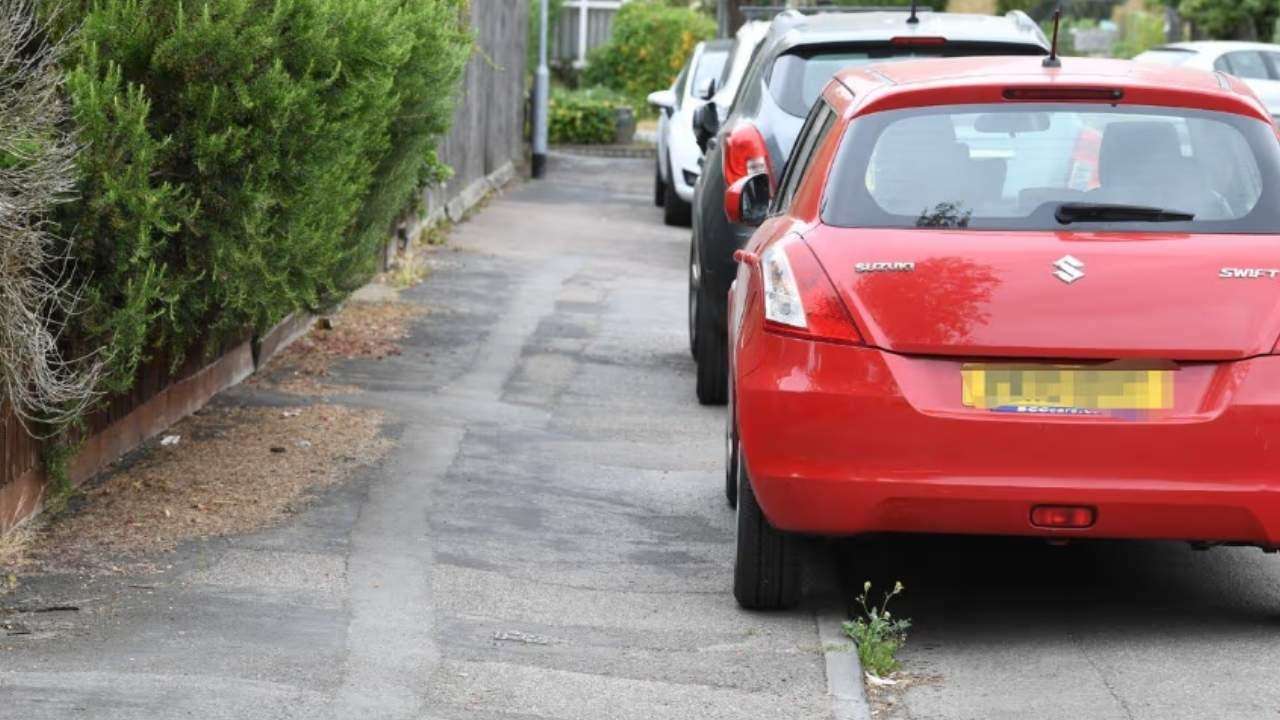Chancellor Rachel Reeves has unveiled a defining political gamble in her latest budget, announcing the total abolition of the controversial two-child benefit limit while simultaneously launching the most aggressive crackdown on welfare fraud in modern British history. The move, intended to silence critics on both the left and right, aims to lift 300,000 children out of poverty immediately, a policy shift funded directly by recovering billions through intrusive new surveillance powers granted to the Department for Work and Pensions (DWP), Daily Dazzling Dawn realized.
The Chancellor’s strategy relies on the newly introduced Fraud, Error and Debt Bill, which fundamentally alters the relationship between the state, banks, and benefit claimants. While the scrapping of the two-child cap will cost the Treasury an estimated £3 billion, Reeves asserts that a significant portion of this will be recouped by identifying the £10 billion currently lost annually to fraud and error. To achieve this, the government is replacing the current reactive system with a proactive digital dragnet that has alarmed civil liberties groups but delighted fiscal hawks.
Bank Surveillance and Eligibility Indicators-At the heart of this crackdown is a controversial new power known as "Eligibility Verification Measures." Unlike previous laws which required the DWP to possess a reasonable suspicion of a specific individual before requesting their financial data, the new legislation compels the UK’s top 15 banks to run continuous algorithmic scans on all account holders who receive welfare payments. These banks will not initially send personal spending data to the government but will instead flag accounts that trigger specific "eligibility indicators" suggesting fraud.
The most prominent of these indicators involves the capital limit threshold. Under Universal Credit rules, a claimant is disqualified if they possess more than £16,000 in savings. The new banking algorithms will automatically report any account held by a claimant—or connected to a claimant—that exceeds this balance, even if the money is spread across multiple accounts at the same institution.
Furthermore, the system is designed to flag "abroad fraud." Universal Credit recipients are generally not permitted to continue their claim if they are out of the country for more than four weeks at a time. The banking algorithms will look for patterns of foreign transactions or IP logins that suggest a claimant is living overseas while continuing to draw UK benefits. This automated system aims to catch those who have moved abroad permanently but failed to inform the DWP, a category of error that costs the taxpayer millions annually.
New Search and Seizure Powers Explained-Beyond digital surveillance, the Fraud, Error and Debt Bill grants DWP investigators physical powers that were previously the domain of the police and HM Revenue and Customs (HMRC). Under current laws, DWP officers are largely desk-based; if they suspect a crime, they must invite a claimant for an interview under caution or request police assistance to execute an arrest or search a property. This reliance on overstretched police forces has historically created a bottleneck in prosecuting benefit fraud.
The new legislation removes this dependency. DWP investigators will now have their own statutory power to apply for warrants, enter premises, and conduct search and seizure operations. This means investigators can legally force entry into a home or business to seize evidence such as laptops, phones, and financial documents without a police officer present. These "HMRC-style" powers represent a significant escalation in the state’s ability to police the welfare system, transforming benefit fraud investigators from administrative checkers into a force with genuine law enforcement teeth.
Apsana Begum and the Fight Against the Cap-The decision to lift the two-child limit serves as a major vindication for the Labour left, specifically Poplar and Limehouse MP Apsana Begum. Begum, who was famously suspended from the party for six months in 2024 for voting to scrap the cap, has been the parliamentary focal point of the campaign. Her return to the fold and the subsequent policy U-turn highlight the immense pressure the government faced from its own backbenches.
Begum has long argued that the cap was a primary driver of child poverty in her constituency, which has the highest rate of child deprivation in the UK. Speaking on her reinstatement, she described the fight against the limit as a "matter of conscience," arguing that punishing children for the size of their family was morally indefensible. The removal of the cap is a direct concession to Begum and the rebel MPs who stood with her, though the government has made it clear that this compassion comes at the price of stricter enforcement elsewhere.
The Political Calculation-By pairing the compassionate measure of lifting the cap with the "iron fist" of fraud detection, Reeves is attempting to thread a difficult needle. She aims to appease the Apsana Begum faction of her party, who demanded support for the poorest, while simultaneously assuring the broader electorate and the markets that Labour is not "soft" on welfare spending. Whether the new surveillance powers can withstand the inevitable legal challenges regarding privacy remains to be seen, but the message from the Treasury is clear: the safety net is expanding, but the holes are being sewn shut.








.svg)

.jpg)
.jpg)
.jpg)